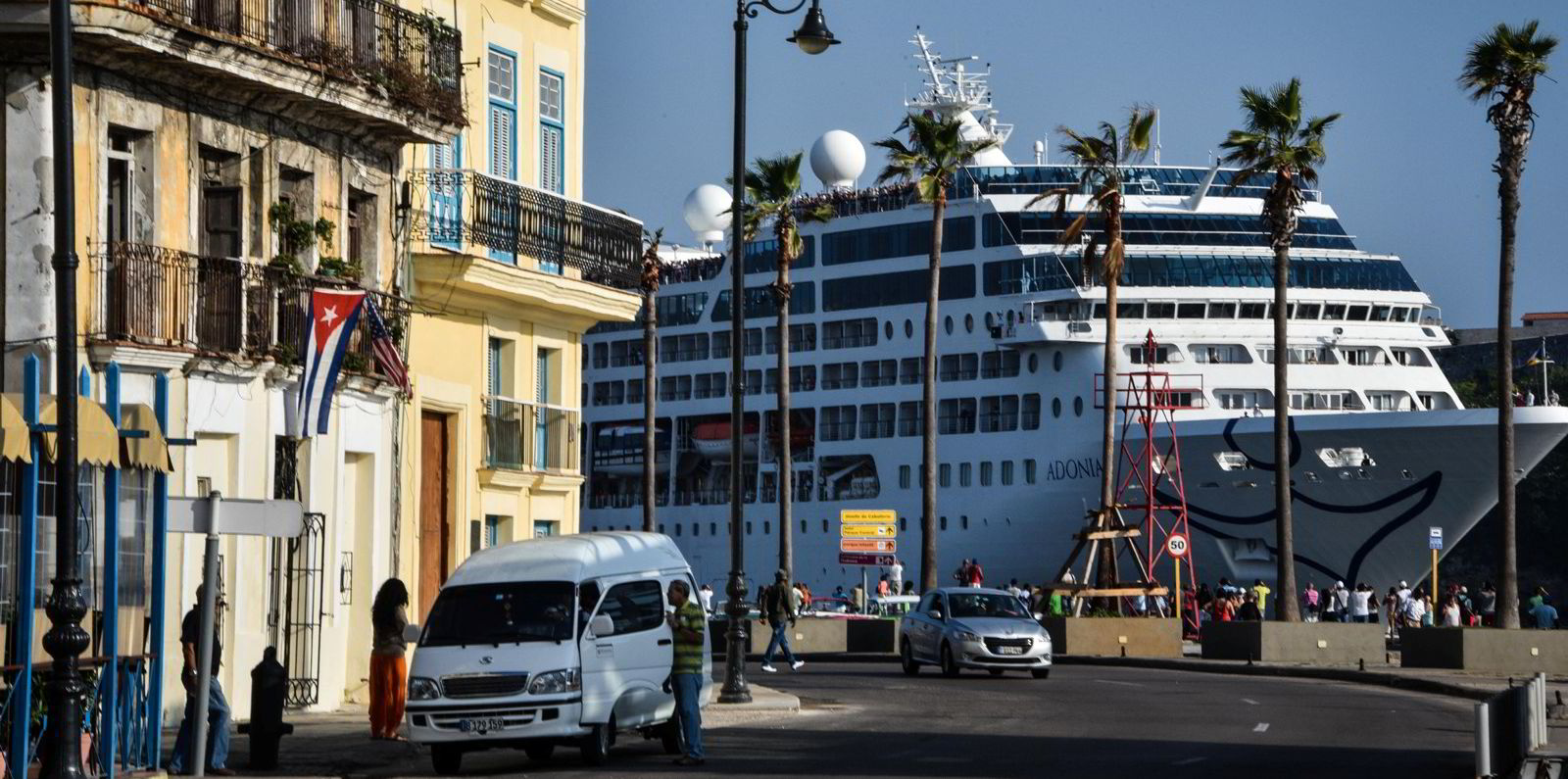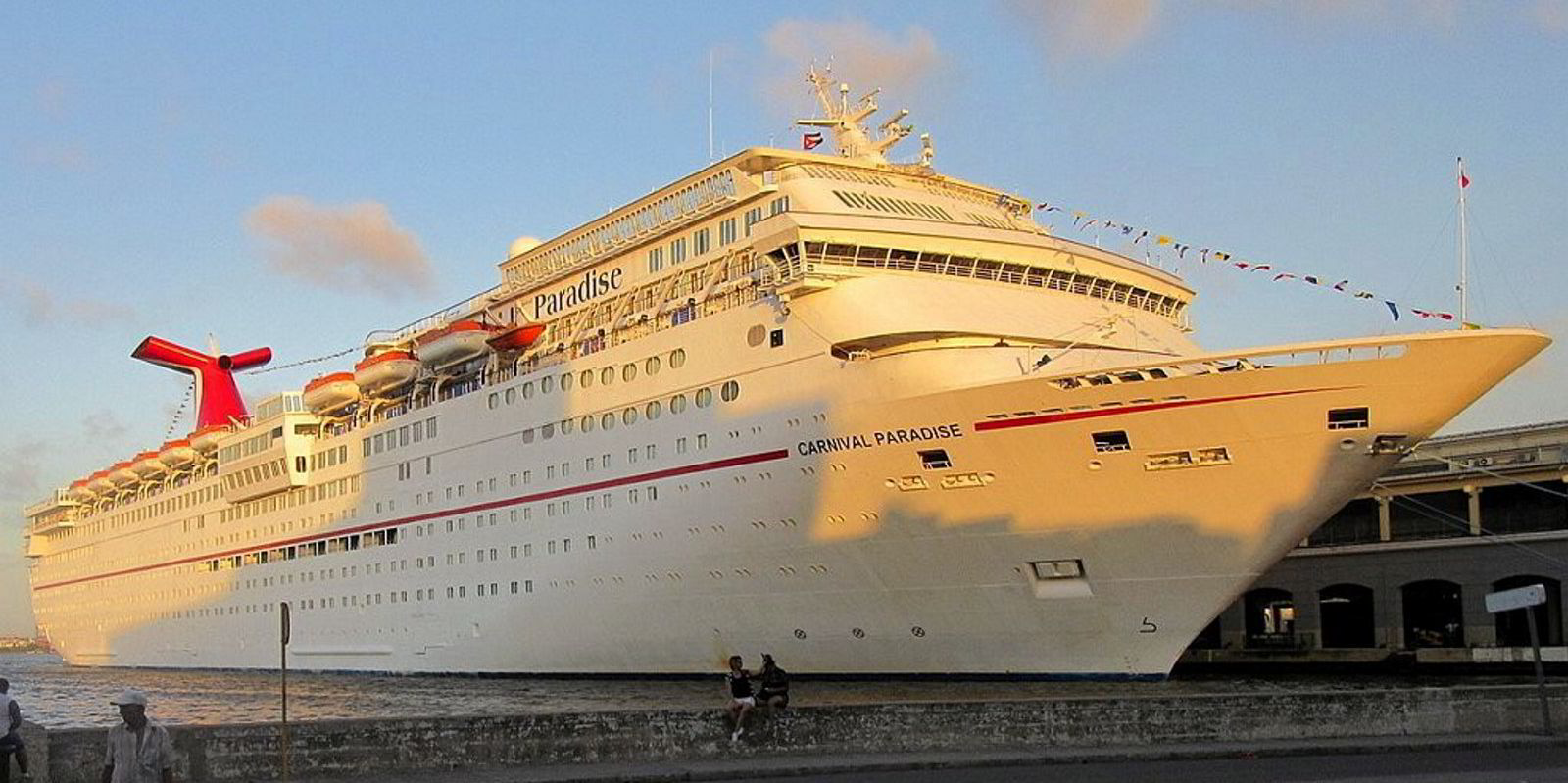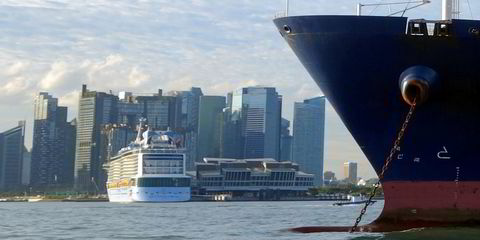The world’s top four cruise groups are all seeking the aid of a US appeals court over nearly $451m in judgments over their activities in Cuba.
The challenges by Carnival Corp, Royal Caribbean Group, Norwegian Cruise Line Holdings and MSC Cruises follow a January decision by a federal judge in Miami that their calls in Havana violated a law that allows companies to sue over the use of assets nationalised in the Cuban Revolution.
The decision by US district judge Beth Bloom, of the federal court in Miami, was the culmination of litigation filed by Havana Docks, a US-registered company that alleged that the cruise lines were trafficking in nationalised property when their ships used port facilities formerly controlled by the company.
Bloom ordered each of the cruise giants to pay about $112m to $113m in damages, legal fees and other costs.
Lawyers for each of the four companies have filed challenges with the 11th Circuit Court of Appeals in Atlanta. All four have filed bonds with the district court in Miami to cover the cost of the judgments while the appeals are underway, according to court records.
They have yet to file briefs in the cases outlining their positions before the 11th Circuit.
But New York-listed Carnival, the world’s largest cruise ship company, said in a statement provided to TradeWinds that it “strongly disagrees” with Bloom’s January decision.
“Carnival Corp engaged in lawful travel explicitly licensed, authorised and encouraged by the US government,” the company said.
Havana Docks has fired back with appeals of its own. While the outfit has also yet to file its brief, the company’s lawyers at Colson Hicks Eidson have told Bloom that they intend to challenge her decision not to award compound interest.
The cruise giants launched itineraries to Cuba in 2016 after the administration of then-US President Barack Obama lifted restrictions on travel to the island that were later reimposed by his successor, Donald Trump.
Havana Docks sued the four cruise giants under the Helms-Burton Act, a law that includes provisions allowing US citizens to bring federal lawsuits against companies that profit from using property nationalised after Cuba’s Communist Party rose to power in 1959.
Title III of the law, the portion allowing the Havana Docks legal action, had been suspended by every US president after it was passed in 1996, until former Trump allowed the hold on enforcing the law to lapse in 2019.
Read more
- Beyond carbon: Shipping needs to update its language about greenhouse gas emissions
- Podcast: Cruise sector says ‘we need new fuels’ as carbon takes centre stage
- Disney is sending a monster methanol-fuelled cruise ship to Singapore
- Back on growth path: Cruise leaders see more than just a rebound in passenger demand
- Gotlandsbolaget jumps into cruise with Birka Stockholm buy





